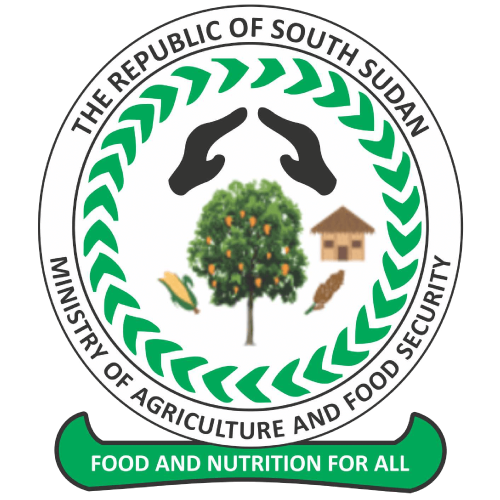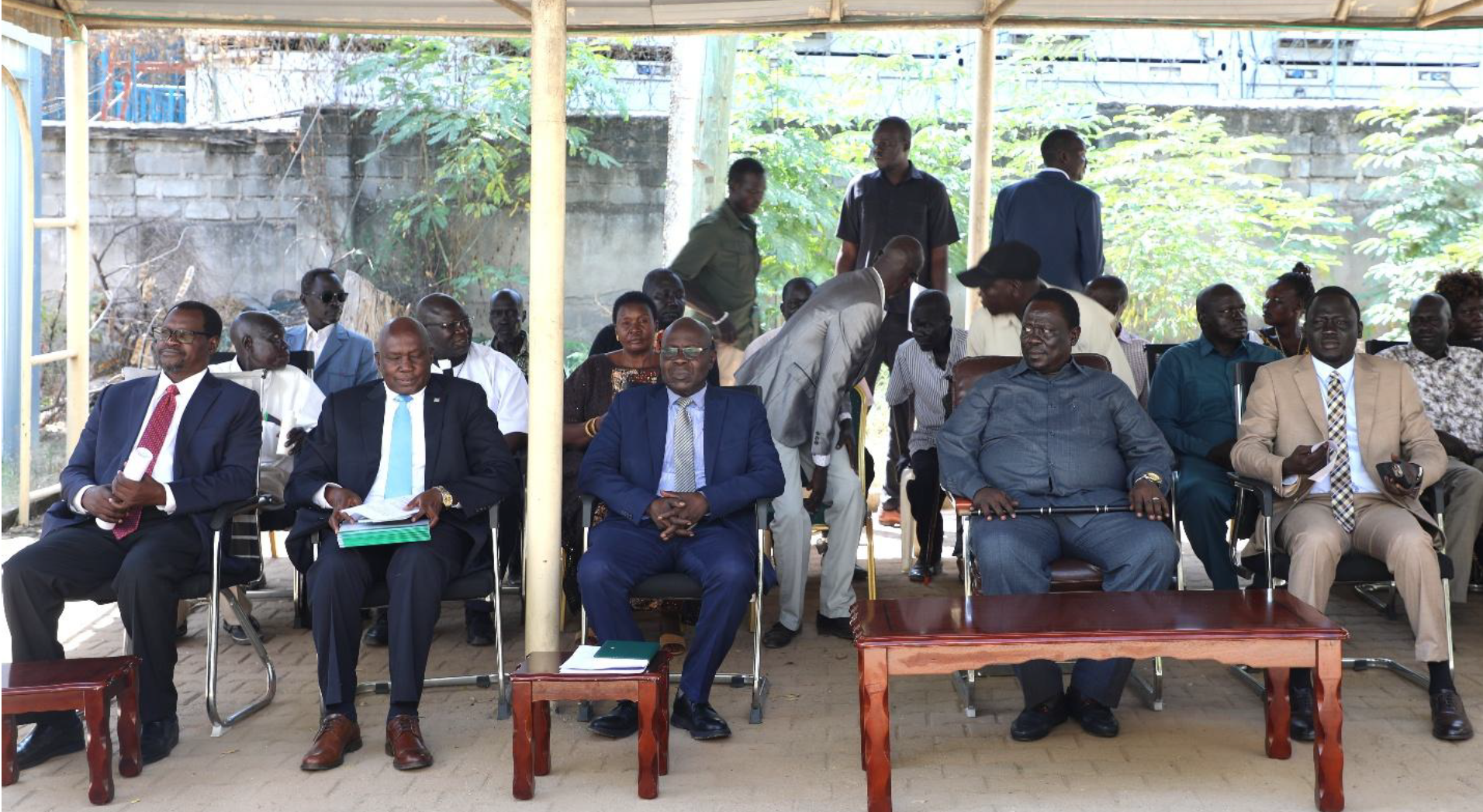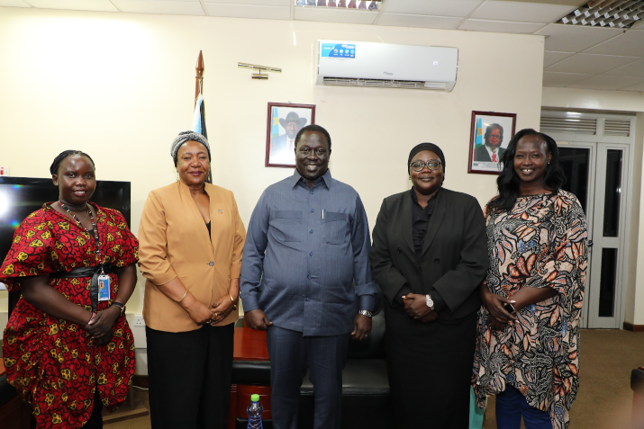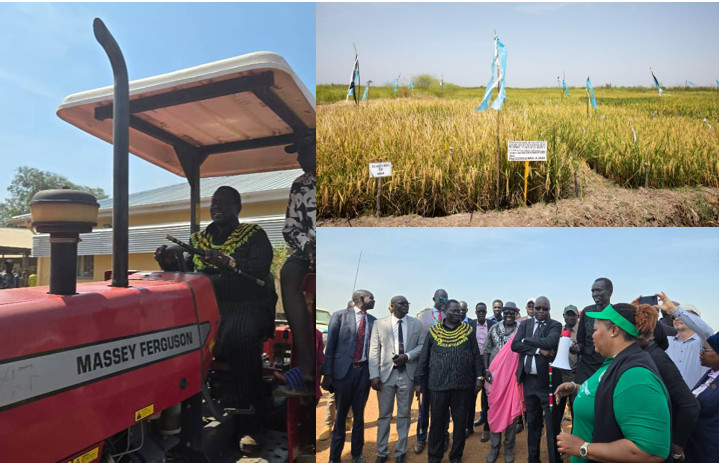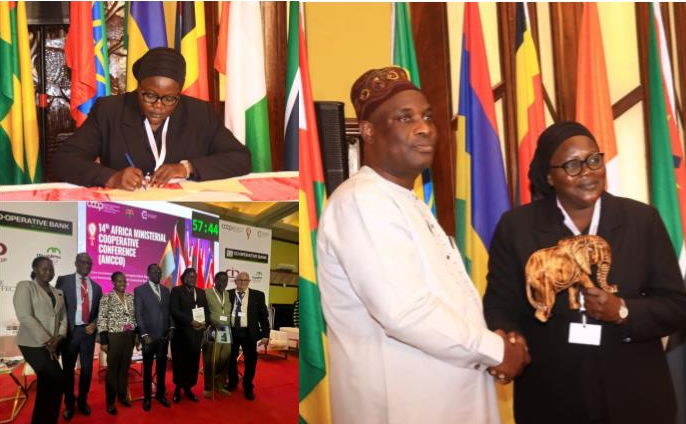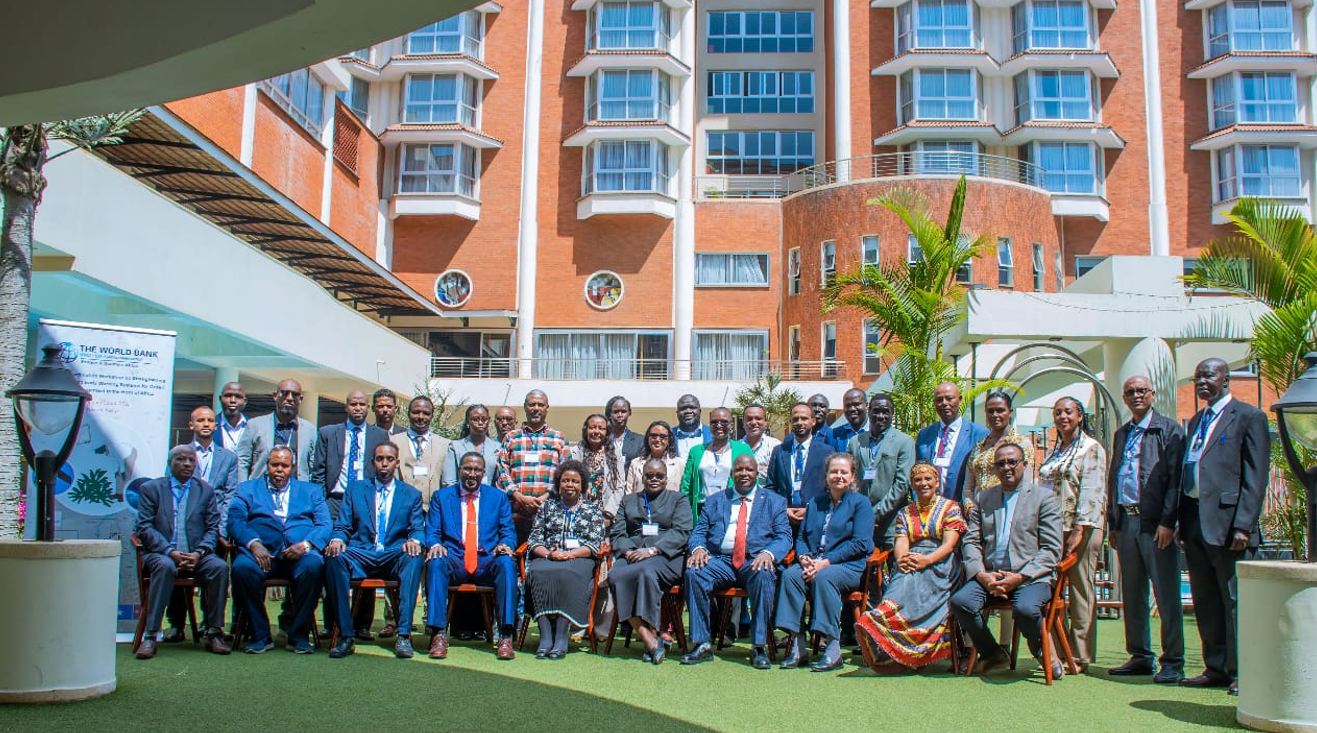Donor Funded Projects
The Single Project Coordination Unit (SPCU) is domiciled within the Ministry of Agriculture and Food Security (MAFS), created as a condition for project effectiveness for World Bank-financed projects managed by MAFS on behalf of the Government of the Republic of South Sudan. The SPCU is run by consultants hired by MAFS and World Bank in the areas of project management, administration and logistics, finance, procurement, communications, environment, gender and social safeguards, monitoring and evaluation, management information systems and IT, and is tasked with the preparation of Project Implementation Manuals (PIM), preparation of Project Environmental and Social Safeguards Framework Documents (EMSF), recruitment of the Project Fiduciary Team (Procurement and Finance), preparation of the Annual Workplan and Budget (AWPB) and the establishment of the Project Designated Account (DA). The SPCU is responsible for the recruitment of third parties to implement the World Bank financed projects in the Ministry of Agriculture and Food Security on behalf of the government and conducts supervision and oversight activities related to monitoring and evaluation, communication, environmental, gender and social safeguards compliance, procurement, project and contract management, and providing management information systems and information technology (IT) support.
